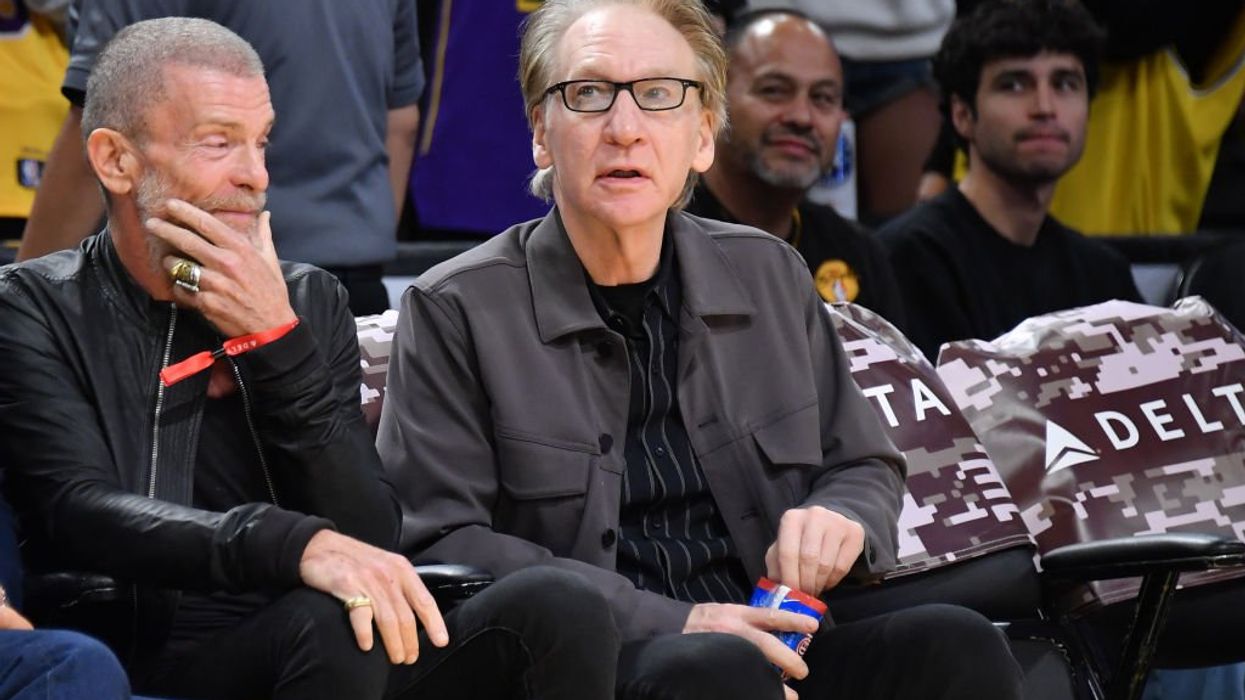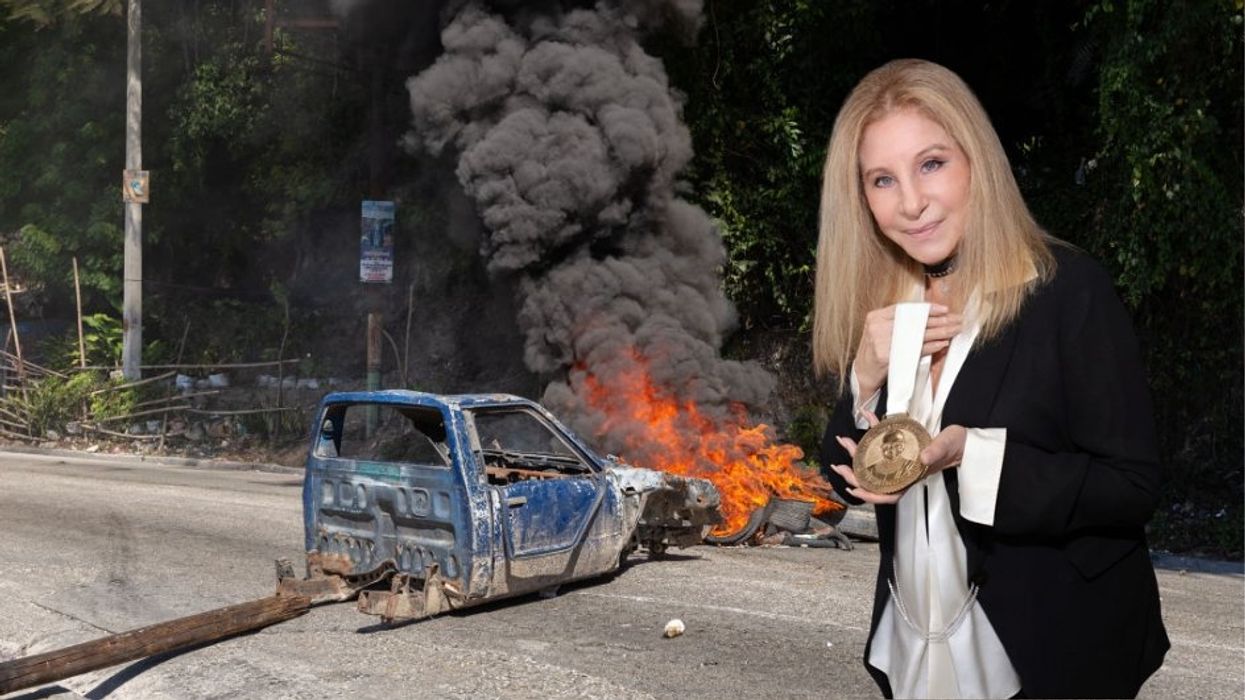
© 2024 Blaze Media LLC. All rights reserved.
Prof. Glenn Harlan Reynolds: For some, college investment no more valuable than 'buying a Ferrari on credit
January 04, 2014
Writing in the Wall Street Journal, Professor Glenn Harlan Reynolds, University of Tennessee Law Professor, prolific blogger and Tweeter (@Instapundit) and author of the forthcoming "The New School" which we will be covering extensively at Blaze Books, argues that there is a bubble in education in which a debt-financed investment in one's future for many no longer makes dollars and sense.
Reynolds argues:
"When you could pay your way through college by waiting tables, the idea that you should "study what interests you" was more viable than it is today, when the cost of a four-year degree often runs to six figures. For an 18-year-old, investing such a sum in an education without a payoff makes no more sense than buying a Ferrari on credit."
Following the pattern of a housing bubble similarly blown to satisfy government social engineering enabled by subsidies both implicit and explicit, Reynolds argues in the article that Congress helped create the education bubble "with federally funded student aid, like Pell Grants and, in vastly greater dollar amounts, student loans."
As a natural consequence of the money sloshing around in higher education, schools raised their tuitions, leading to a divergence between artificially-inflated price and value, and leaving "legions of students deep in debt without improving their job prospects." A particularly perverse aspect of the increase on the cost side is that as Reynolds notes, the majority of cost growth "according to a 2010 study by the Goldwater Institute, a libertarian think tank, comes from administrative bloat, with administrative staff growing at more than twice the rate of instructional staff."
Reynolds' response?
"To make college a good value again, today's parents and students need to be skeptical, frugal and demanding. There is no single solution to what ails higher education in the U.S., but changes are beginning to emerge, from outsourcing to online education, and they could transform the system."
The University of Tennessee Professor suggests that there will be a correction in the education industry, as consumers (i.e. parents and students) seek greater value in education, and producers are forced to provide a superior product at a lower price.
On the consumer side:
"America's higher education problem calls for both wiser choices by families and better value from schools. For some students, this will mean choosing a major carefully (opting for a more practical area of study, like engineering over the humanities), going to a less expensive community college or skipping college altogether to learn a trade."
On the producer side:
"What's really needed in U.S. higher education is major structural change. To remain viable, colleges and universities need to cut expenditures dramatically. For decades, they have ridden the student-loan gravy train, using the proceeds to build palatial buildings, reduce faculty teaching loads and, most notably, hire armies of administrators."
The creative destruction in the education industry will take many forms, predicts Reynolds, including replacing expensive administrators with cheaper "adjunct administrators" as some schools have already done, increased transparency as a check on educational profligacy, new instructional methods akin to those of the Khan academy, degrees and alternative certifications which can be obtained through online courses including from physical schools and even "hoteling."
What is hoteling?
"Build a nice campus—or buy one, from a defunct traditional school—put in a lot of amenities, but don't bother hiring faculty: Just bring in your courses online, with engineering from Georgia Tech, arts and literature from Yale, business from Stanford and so on. Hire some unemployed Ph.D.s as tutors (there will be plenty around, available at bargain-basement rates) and offer an unbundled experience. It's a business model that just might work, especially in geographic locations students favor. Grand Cayman is awfully nice this time of year."
Sounds like a pretty sweet deal to us.
Be sure to read the whole thing, and look for our coverage of the "New School" which comes out Tuesday, January 7th in the coming days.
Want to leave a tip?
We answer to you. Help keep our content free of advertisers and big tech censorship by leaving a tip today.
Want to join the conversation?
Already a subscriber?
more stories
Sign up for the Blaze newsletter
By signing up, you agree to our Privacy Policy and Terms of Use, and agree to receive content that may sometimes include advertisements. You may opt out at any time.
© 2024 Blaze Media LLC. All rights reserved.
Get the stories that matter most delivered directly to your inbox.
By signing up, you agree to our Privacy Policy and Terms of Use, and agree to receive content that may sometimes include advertisements. You may opt out at any time.



